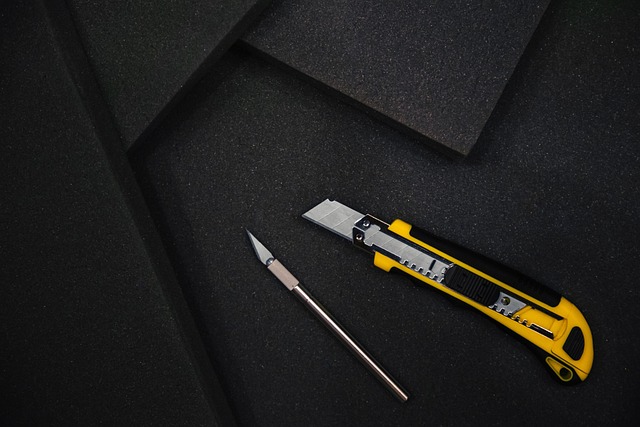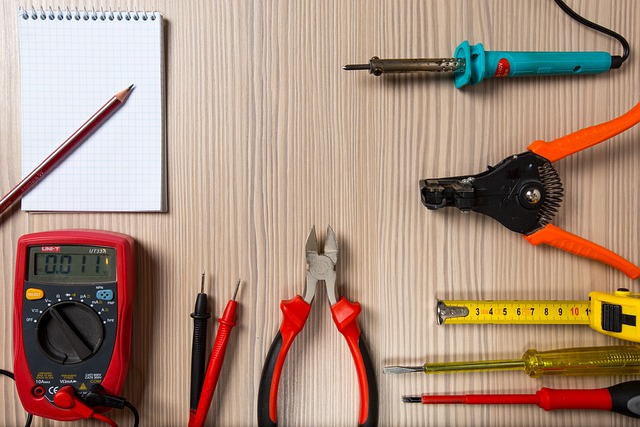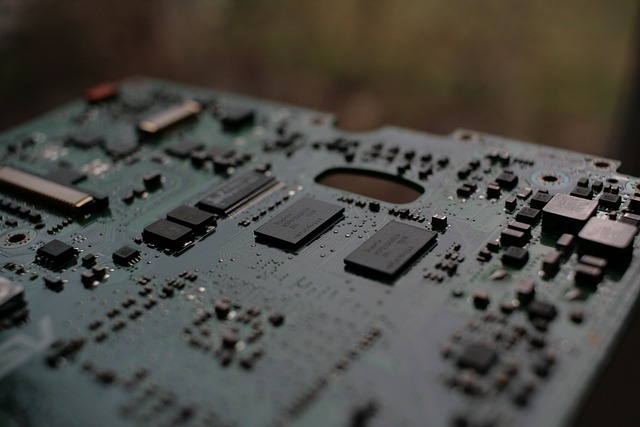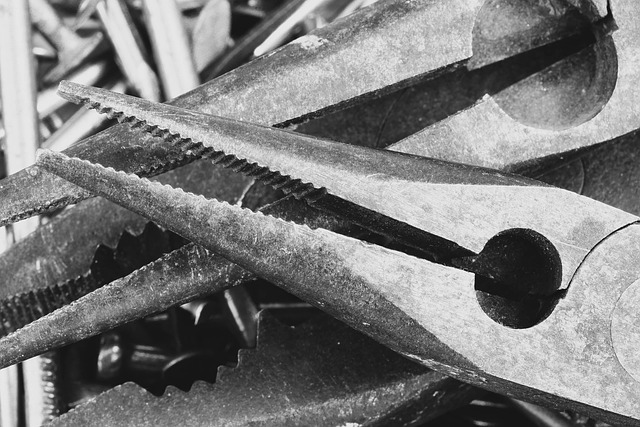Understanding HVAC systems is key for effective home repair and maintenance. Core components include condenser, evaporator, refrigerant, and ductwork, working together to regulate indoor comfort. Regular maintenance, including inspections, filter changes, and cleaning, prevents issues like reduced air quality and energy inefficiency. Homeowners can perform basic troubleshooting but complex problems require a certified HVAC technician.
“Ensure your home’s comfort and air quality with expert HVAC maintenance and repair. This comprehensive guide navigates the essentials for homeowners, offering insights into understanding complex heating and cooling systems. Learn about regular upkeep practices to prevent common issues, empowering you to maintain optimal indoor environments. Additionally, discover useful troubleshooting tips, knowing when professional assistance is essential for seamless home repair and maintenance.”
- Understanding HVAC Systems: The Basics for Homeowners
- Regular Maintenance: Preventing Common Heating & Cooling Issues
- Troubleshooting Tips: When Professional Help is Needed
Understanding HVAC Systems: The Basics for Homeowners
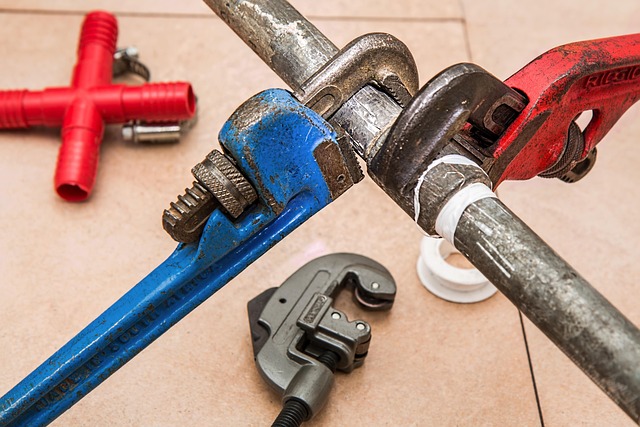
Understanding HVAC systems is essential for homeowners looking to effectively maintain and repair their home’s heating, ventilation, and air conditioning units. At its core, an HVAC system comprises several key components that work in tandem to regulate indoor comfort levels. These include the outdoor condenser, which exchanges heat with the environment; the indoor evaporator or coil, which absorbs heat from the indoor air; a refrigerant that transfers heat between these components; and ductwork that distributes conditioned air throughout the house.
Homeowners should be familiar with these elements to better recognize potential issues and perform basic home repair and maintenance tasks. Regular inspections, for instance, can help identify leaks in ductwork or signs of wear on coils. Simple preventive measures like changing filters at recommended intervals and cleaning condensers can also extend system lifespan. Understanding the basics empowers homeowners to take charge of their HVAC systems, ensuring optimal performance and energy efficiency.
Regular Maintenance: Preventing Common Heating & Cooling Issues
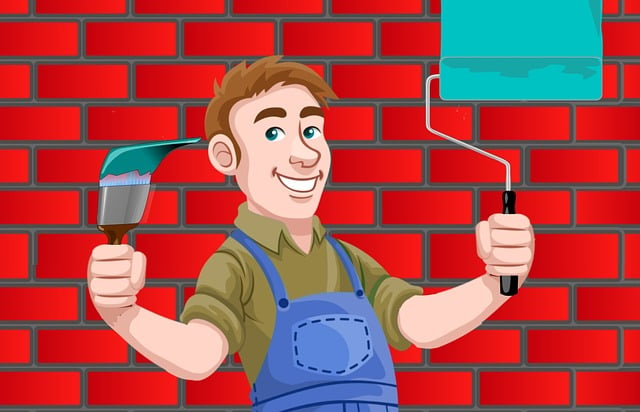
Regular maintenance is key to keeping your heating and cooling systems running smoothly and efficiently. By scheduling routine inspections and cleaning, you can prevent common issues that often arise with HVAC units. Many problems, like reduced air quality, decreased energy efficiency, and even system failure, are easily avoidable through proactive care.
For example, changing filters regularly, cleaning ducts, and lubricating components can significantly improve system performance. These simple tasks not only extend the lifespan of your HVAC but also ensure a comfortable living environment. Regular maintenance is an investment in both home repair and maintenance, ensuring your heating and cooling systems work optimally throughout all seasons.
Troubleshooting Tips: When Professional Help is Needed
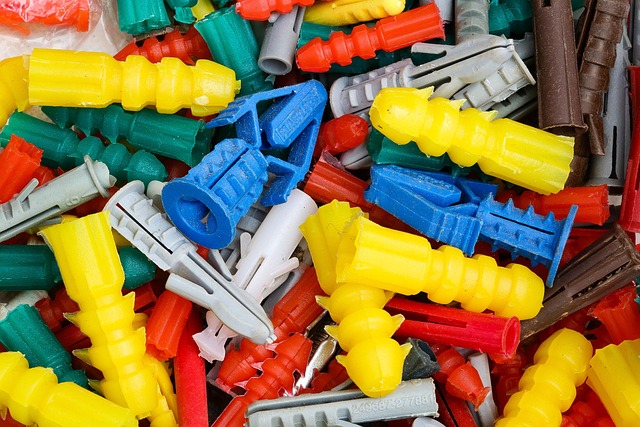
Many minor issues with HVAC systems can be resolved by homeowners through basic troubleshooting techniques. Before reaching for the phone to call in a professional, check for simple fixes like power outages, thermostat settings, or dirty air filters. Regular cleaning and filter changes are often all that’s needed to keep your system running smoothly.
However, some problems require expert intervention. If you notice persistent odd noises, frequent breakdowns, irregular heating or cooling patterns, or unusually high energy bills, it’s time to call in a certified HVAC technician. These could indicate complex issues with the system, such as malfunctioning components, refrigerant leaks, or electrical problems that demand specialized knowledge and tools to address safely and effectively for Home Repair and Maintenance.
Proper HVAC maintenance and repair are essential components of any homeowner’s routine home repair and maintenance regimen. By understanding the basics of these systems, conducting regular upkeep, and knowing when to seek professional help, you can ensure your heating and cooling remain efficient, reliable, and cost-effective for years to come. Remember, proactive measures through regular service calls and basic troubleshooting can prevent common issues and keep your home comfortable all year round.








